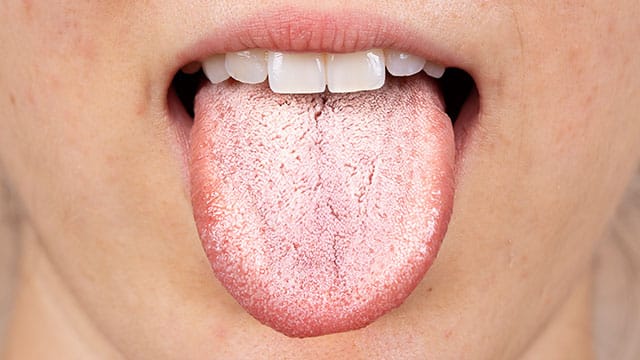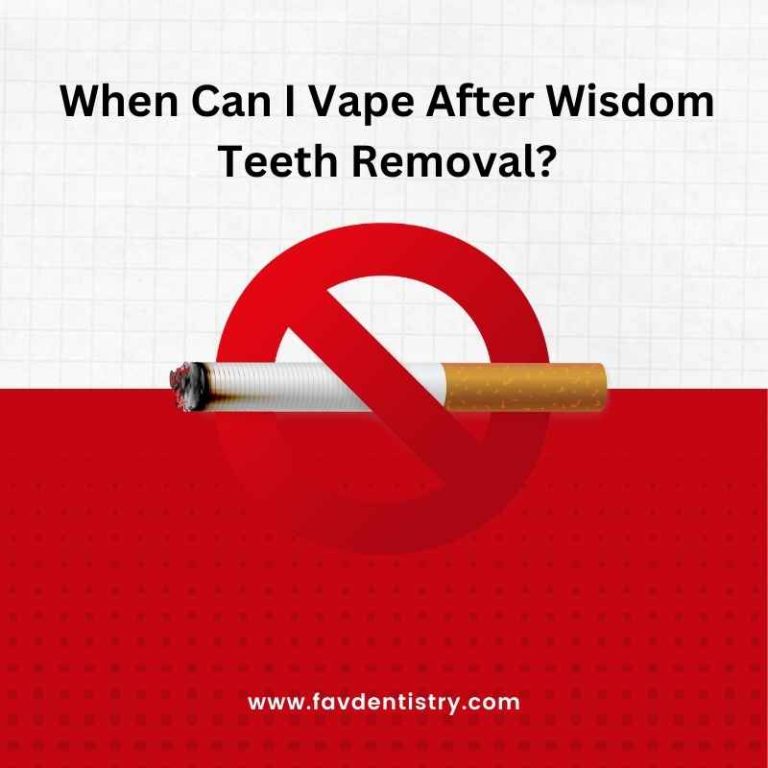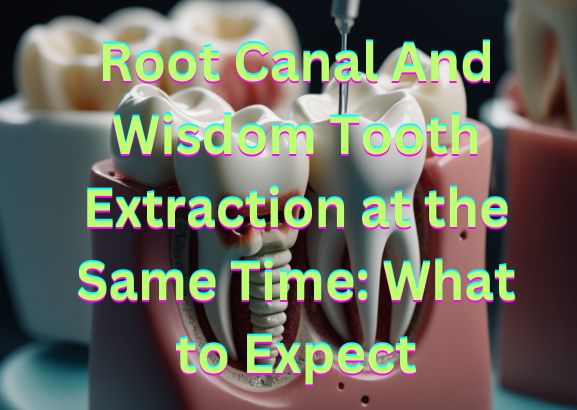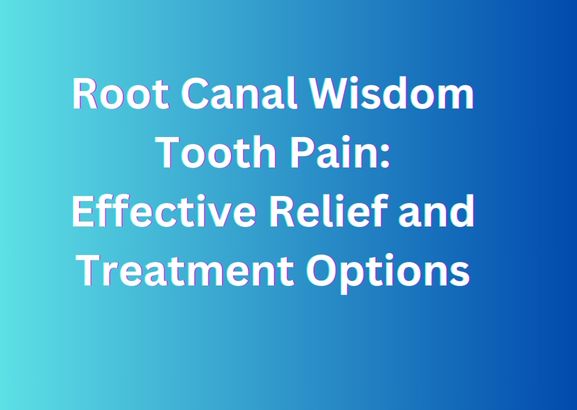Horrible Breath After Wisdom Tooth Removal? Discover 5 Proven Solutions.
Last Updated on 6 months by DR. ALBIN SIPES
Horrible breath after wisdom tooth removal can be caused by the accumulation of food particles and bacteria in the open sockets. When teeth are extracted, the empty sockets become breeding grounds for bacteria, resulting in bad breath.

Credit: www.colgate.com
Causes Of Horrible Breath After Wisdom Tooth Removal
After wisdom tooth removal, it is common to experience horrible breath due to the impact on bacteria. As bacteria thrive in the warm environment of the mouth, the extraction site becomes a breeding ground for them. These bacteria produce sulfur compounds that contribute to the unpleasant odor.
Additionally, the healing process can cause food particles to get trapped in the socket, further exacerbating bad breath. To combat this issue, proper oral hygiene is essential. Gently brushing the teeth, tongue, and extraction site after meals can help remove any debris and reduce the growth of bacteria.
Rinsing with an antimicrobial mouthwash or saltwater solution can also aid in killing bacteria and reducing bad breath. Furthermore, staying hydrated and avoiding foods that can worsen breath, such as garlic or onions, can assist in managing the issue. Understanding the role of bacteria and implementing good oral hygiene practices are crucial in alleviating horrible breath after wisdom tooth removal.
Solution 1: Maintaining Proper Oral Hygiene
After wisdom tooth removal, horrible breath can be caused by various factors. One solution to avoid this issue is maintaining proper oral hygiene. It is important to brush and floss regularly to prevent the buildup of bacteria and food particles.
By doing so, you can promote fresh breath and eliminate unpleasant odors. Additionally, rinsing with an antibacterial mouthwash can further enhance oral cleanliness. Another key step to ensure fresh breath is to clean your tongue with a tongue scraper or a toothbrush.
This helps remove bacteria and residue that may contribute to bad breath. Lastly, drinking plenty of water and avoiding foods with strong odors can also aid in keeping your breath fresh post wisdom tooth removal. Follow these steps to maintain optimal oral hygiene and enjoy a pleasant breath after your wisdom tooth extraction.
Solution 2: Gargling With Saltwater
Gargling with saltwater is a simple and effective way to reduce bad breath after wisdom tooth removal. The saltwater helps to kill bacteria and reduce inflammation in the mouth. To gargle with saltwater, start by dissolving 1/2 teaspoon of salt in 8 ounces of warm water.
Take a sip of the saltwater solution, tilt your head back, and swish it around your mouth for 30 seconds. Be sure to focus on the areas where your wisdom teeth were extracted. Spit out the saltwater and repeat the process 2-3 times a day, especially after meals.
This will help keep your mouth clean, reduce swelling, and alleviate bad breath. Remember to gargle with saltwater gently to avoid irritating the healing wounds. By following these steps, you can effectively manage your bad breath and promote healing after wisdom tooth removal.
Solution 3: Incorporating Probiotics In Diet
After undergoing wisdom tooth removal, many people experience the unpleasant issue of horrible breath. One solution to tackle this problem is incorporating probiotics into your diet. Probiotics play a vital role in maintaining oral health by promoting the growth of beneficial bacteria in the mouth.
These friendly bacteria help combat the odor-causing bacteria that contribute to bad breath. Foods rich in probiotics, such as yogurt, kefir, sauerkraut, and kimchi, can be effective in addressing this issue. Consuming these probiotic-rich foods regularly can help restore the natural balance of bacteria in your mouth, resulting in fresher breath.
So, if you’re struggling with horrible breath post-wisdom tooth removal, consider adding probiotics to your diet and enjoy the benefits of improved oral health and fresher breath.
Frequently Asked Questions On Horrible Breath After Wisdom Tooth Removal?
How Long Does Horrible Breath Last After Wisdom Tooth Removal?
The duration of bad breath after wisdom tooth removal varies, but it typically lasts for a few days. Proper oral hygiene, including gentle brushing, rinsing with saltwater, and using mouthwash, can help manage and reduce the unpleasant breath. If the issue persists beyond a week, consult your dentist for further guidance.
Why Does Bad Breath Occur After Wisdom Tooth Extraction?
Bad breath can occur after wisdom tooth extraction due to the accumulation of bacteria in the extraction site. This can lead to infection and produce an unpleasant odor. Maintaining good oral hygiene and following post-operative care instructions can help prevent or minimize bad breath.
Can Antibiotics Be Used To Treat Bad Breath After Wisdom Tooth Removal?
In some cases, antibiotics may be prescribed to treat bad breath after wisdom tooth removal, particularly if there is an infection present. However, antibiotics alone may not be sufficient to eliminate bad breath, and good oral hygiene practices are essential for effective management.
Is Bad Breath Normal After Wisdom Tooth Removal?
Experiencing bad breath after wisdom tooth removal is not uncommon. The extraction procedure can disrupt the normal oral bacteria, leading to an unpleasant odor. However, with proper oral hygiene and following the dentist’s instructions, the bad breath should improve within a few days.
How Can I Prevent Bad Breath After Wisdom Tooth Removal?
To prevent bad breath after wisdom tooth removal, maintain good oral hygiene. This includes gentle brushing, rinsing with saltwater, using mouthwash, and avoiding irritating foods or beverages. Keeping the extraction site clean and following your dentist’s post-operative care instructions can greatly reduce the likelihood of bad breath.
Conclusion
Bad breath is a common occurrence after wisdom tooth removal due to the buildup of bacteria in the mouth. However, there are several steps you can take to combat this issue and regain fresh breath. First, maintaining good oral hygiene is crucial, including regular brushing and flossing.
Additionally, using a gentle mouthwash and ensuring your tongue is clean can help eliminate bacteria. Drinking plenty of water and staying hydrated can also promote the production of saliva, which naturally cleanses the mouth. Avoiding strong-smelling foods and beverages, and quitting smoking, can further improve your breath.
Finally, if the bad breath persists or worsens, it’s important to consult with your dentist as it could be a sign of an infection or other underlying issue. By following these tips and maintaining good oral care habits, you can overcome the unwelcome side effect of bad breath and enjoy a fresh and healthy mouth post-wisdom tooth removal.



